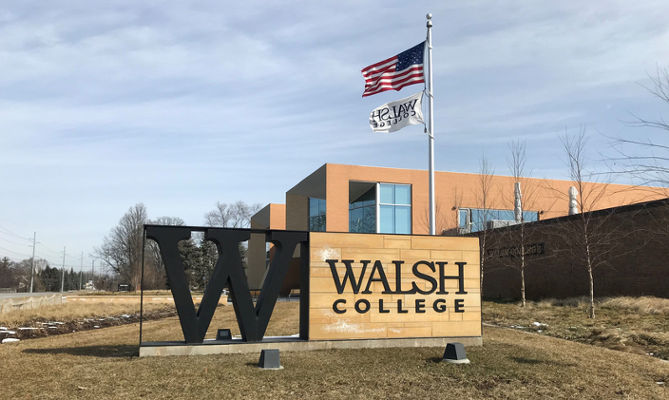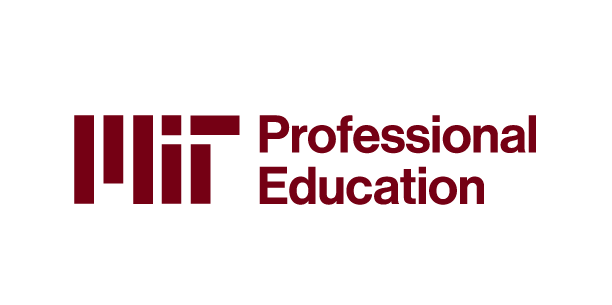- Great Learning
- Free Courses
- Artificial Intelligence
Free Multilayer Perceptron Course
Multilayer Perceptron
Learn Multilayer Perceptron from basics in this free online training. This free Multilayer Perceptron course is taught hands-on by experts. Best for Beginners. Start Now!
Multilayer Perceptron
3.5K+ learners enrolled so far
Stand out with an industry-recognized certificate
10,000+ certificates claimed, get yours today!
Get noticed by top recruiters
Share on professional channels
Globally recognised
Land your dream job

Skills you will gain
Multilayer Perceptron (MLP)
Key Highlights
Get free course content
Master in-demand skills & tools
Test your skills with quizzes
About this course
This free Multilayer Perceptron(MLP) course familiarizes you with the artificial neural network, a vastly used technique across the industry. The course starts by introducing you to neural networks, and you will learn their importance and understand their mechanism. You will then go through various applications of neural networks and understand the activation functions, their types, and mechanisms. You will also learn back-propagation and stochastic gradient descent with examples. Lastly, you will go through the demo on neural networks, where you will go through its implementation in various scenarios. Enroll in this free course on Multilayer Perceptron(MLP) and earn a certificate of course completion on completing the quiz at the end of the course.
Enhance your skills in AIML through Great Learning's Best Artificial Intelligence and Machine Learning courses. Enroll in the course that aid your career development and earn a certificate of course completion that helps you gain better job opportunities.
Course outline
Introduction to neural networks
You will understand what Neural Networks are and how they are a pathway to Artificial Intelligence using Deep Learning. This section will also give a brief idea of weights & mathematics in Neural Networks.
Why do we use Neural Networks?
This module will help you comprehend the importance of neural networks and why we use them in various scenarios.
Applications of Neural Networks
In this module, you will learn how neural networks play their role in various applications like image processing, speech processing, text processing, gaming, prediction, decision making, Google car, and eyewear.
How do Neural Networks work?
This module starts by introducing you to fully connected neural networks. Further, you will focus on understanding neural networks' working and the functions of the different layers involved.
Activation Functions in Neural Networks
This module helps you better understand the working of neural networks by introducing you to the critical function called Activation Functions. You will learn the activation function, its types, and how they function.
Back-Propagation and Stochastic Gradient Descent
This module familiarizes you with back-propagation and stochastic gradient descent with the help of examples. You will learn the process from scratch and understand the various functions involved.
Demo on Neural Networks
This module contains hands-on sessions on various scenarios of neural networks on jupyter notebook. This will help you enhance your practical skills and implementation of neural networks.
Get access to the complete curriculum once you enroll in the course
Stand out with an industry-recognized certificate
10,000+ certificates claimed, get yours today!
Get noticed by top recruiters
Share on professional channels
Globally recognised
Land your dream job

Multilayer Perceptron

2.25 Hours
Intermediate
3.5K+ learners enrolled so far
Get free course content
Master in-demand skills & tools
Test your skills with quizzes
Learner reviews of the Free Courses



4.0


Frequently Asked Questions
Will I receive a certificate upon completing this free course?
Is this course free?
Where can I learn multilayer perceptron for free?
This is a part of data science and machine learning. There are many free courses which involve this course. You can check some of the courses on the Great learning website.
What are the prerequisites required to learn this Multilayer Perceptron course?
There is no specific prerequisite for this free course. The course starts by explaining neural networks from scratch.
How long does it take to complete this free Multilayer Perceptron course?
This free course contains 1.5 hours of video content that are self-paced, and hence the learners are free to learn concepts at their own pace.
Will I have lifetime access to the free course?
Yes. Once enrolled in this free Multilayer Perceptron course, you are eligible for lifetime access to the course.
What are my next learning options after this Multilayer Perceptron course?
You can consider Great Learning's PG Machine Learning Course, which will help you dig deeper into Machine Learning concepts.
Is it worth learning Multilayer Perceptron?
Multilayer Perceptron is definitely worth learning as it is one of the most popular Machine Learning algorithms used today. It is a robust algorithm that can be applied to various tasks, including classification, regression, and feature learning.
What is Multilayer Perceptron used for?
A Multilayer Perceptron (MLP) is a class of feedforward artificial neural networks (ANN). Multilayer Perceptron (MLP) is used for various tasks, including pattern recognition, classification, and prediction. They are a type of artificial neural network that can learn to approximate any continuous function.
Why is Multilayer Perceptron so popular?
A robust algorithm that is frequently used for classification and prediction tasks is the Multilayer Perceptron. Its popularity can be attributed partly to how simple it is to deploy and train. It can also manage a lot of characteristics and is reasonably resilient to overfitting.
What jobs demand that you learn Multilayer Perceptron?
The jobs that demand you know Multilayer Perceptron include:
- Data Analyst
- Software Engineer
- Research Scientist
- Data Scientist
- Machine Learning Engineer
What knowledge and skills will I gain upon completing this Multilayer Perceptron course?
You will comprehend Multilayer Perceptron(MLP) from scratch. You will understand its mechanism, functions, applications, back-propagation, and stochastic gradient descent. You will also get practical knowledge through its implementation.
How much does this Multilayer Perceptron course cost?
This Multilayer Perceptron is offered for free by Great Learning.
Is there a limit on how many times I can take this Multilayer Perceptron course?
No, there is no specific limit on attaining this free course. You can revisit this course anytime and brush up on your Multilayer Perceptron(MLP) knowledge.
Can I sign up for multiple courses from Great Learning Academy at the same time?
Yes, you can register for multiple free courses by Great Learning Academy that aid you in developing your career.
Who is eligible to take this Multilayer Perceptron course?
Anyone interested in learning about artificial neural networks and how Multilayer Perceptron(MLP) is used to tackle different challenges in Machine Learning can enroll in this free course.
What are the steps to enroll in this course?
- Search for the "Multilayer Perceptron(MLP)" free course in the search bar present at the top corner of Great Learning Academy.
- Register for the course through the Enroll Now button and start learning.
Become a Skilled Professional with Pro Courses
Gain work-ready skills with guided projects, top faculty and AI tools, all at an affordable price.


View Course

Included with Pro+ Subscription

View Course

Included with Pro+ Subscription

View Course

Included with Pro+ Subscription
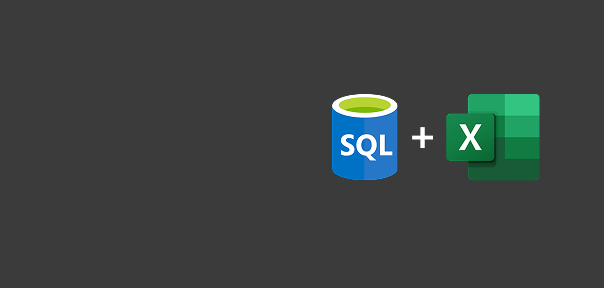

View Course

Included with Pro+ Subscription

View Course

Included with Pro+ Subscription


View Course

Included with Pro+ Subscription

View Course

Included with Pro+ Subscription
.jpg)
View Course

Included with Pro+ Subscription


View Course

Included with Pro+ Subscription


View Course

Included with Pro+ Subscription
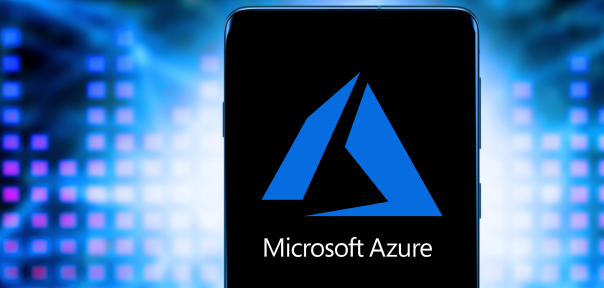



View Course

Included with Pro+ Subscription


View Course

Included with Pro+ Subscription


View Course

Included with Pro+ Subscription

View Course

Included with Pro+ Subscription

View Course

Included with Pro+ Subscription


View Course

Included with Pro+ Subscription
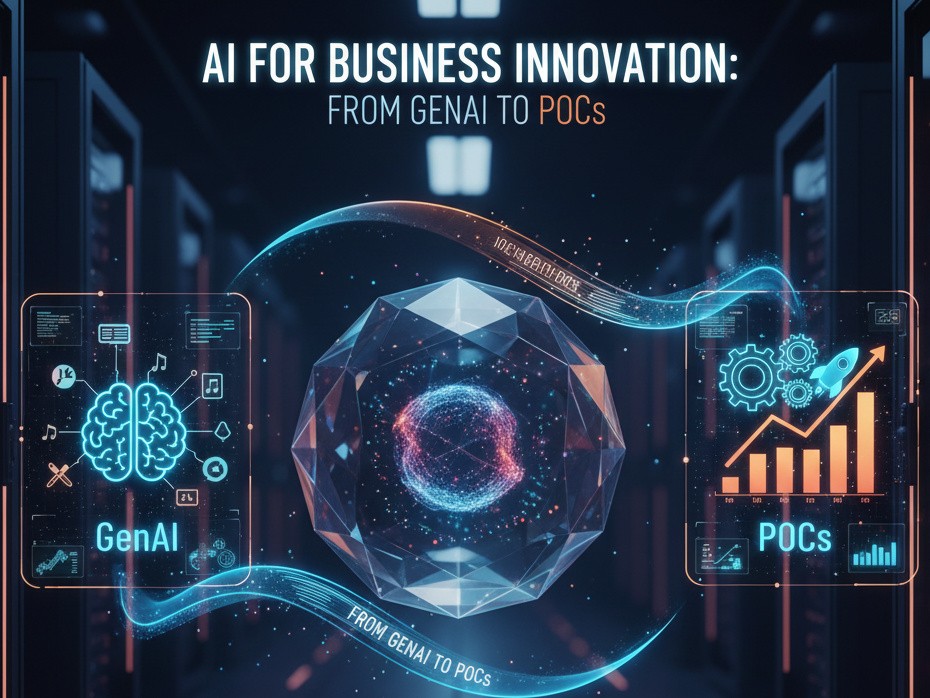
View Course

Included with Pro+ Subscription
.jpg)
View Course

Included with Pro+ Subscription

View Course

Included with Pro+ Subscription
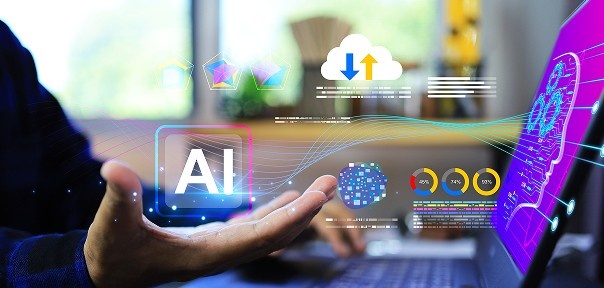


View Course

Included with Pro+ Subscription
.jpg)
View Course

Included with Pro+ Subscription
.png)
View Course

Included with Pro+ Subscription

View Course

Included with Pro+ Subscription
.png)
View Course

Included with Pro+ Subscription
.png)
View Course

Included with Pro+ Subscription
.png)
View Course

Included with Pro+ Subscription
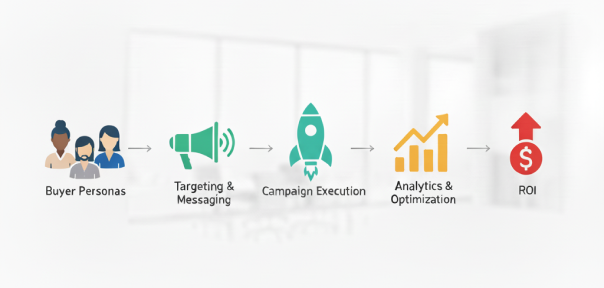
View Course

Included with Pro+ Subscription

View Course

Included with Pro+ Subscription
.png)
View Course

Included with Pro+ Subscription
.png)
View Course

Included with Pro+ Subscription
.png)
View Course

Included with Pro+ Subscription
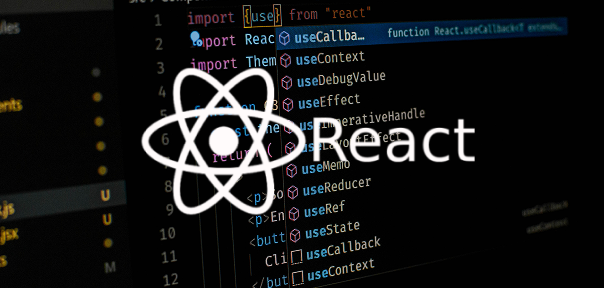
View Course

Included with Pro+ Subscription
.png)
View Course

Included with Pro+ Subscription
.png)
View Course

Included with Pro+ Subscription


View Course

Included with Pro+ Subscription
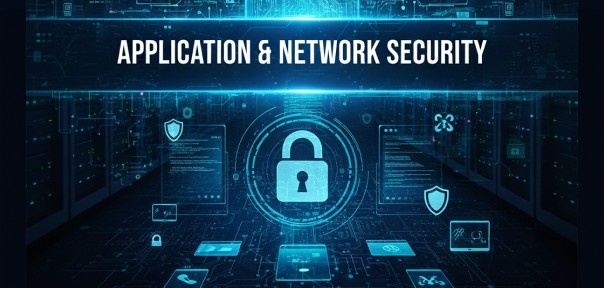
View Course

Included with Pro+ Subscription

View Course

Included with Pro+ Subscription
.png)
.png)
View Course

Included with Pro+ Subscription
.png)
View Course

Included with Pro+ Subscription
.png)
View Course

Included with Pro+ Subscription



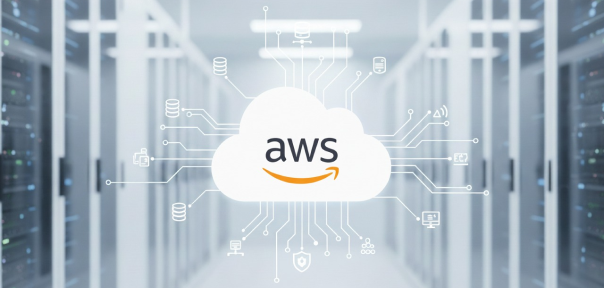

View Course

Included with Pro+ Subscription
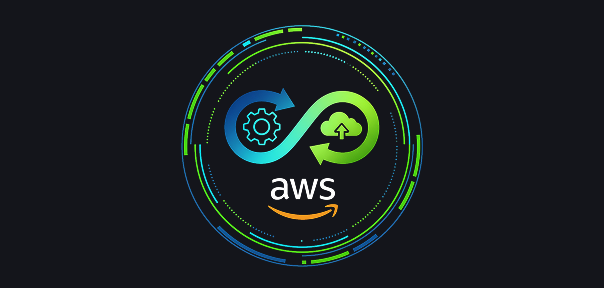
View Course

Included with Pro+ Subscription
.png)

.jpg)

.jpg)



View Course

Included with Pro+ Subscription
.png)
View Course

Included with Pro+ Subscription

View Course

Included with Pro+ Subscription
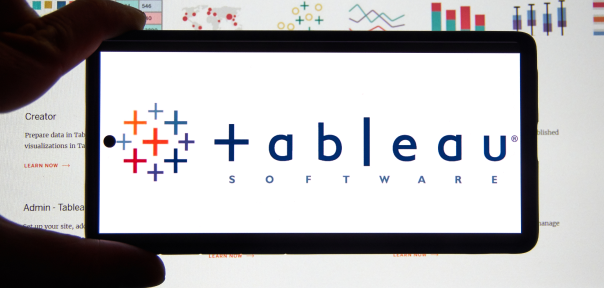
View Course

Included with Pro+ Subscription
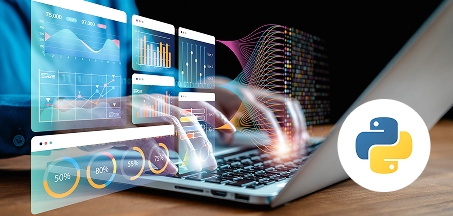
View Course

Included with Pro+ Subscription

View Course

Included with Pro+ Subscription


View Course

Included with Pro+ Subscription
Popular


View Course

Included with Pro+ Subscription

View Course

Included with Pro+ Subscription

View Course

Included with Pro+ Subscription


View Course

Included with Pro+ Subscription

View Course

Included with Pro+ Subscription


View Course

Included with Pro+ Subscription

View Course

Included with Pro+ Subscription
.jpg)
View Course

Included with Pro+ Subscription
Microsoft Courses


View Course

Included with Pro+ Subscription


View Course

Included with Pro+ Subscription




View Course

Included with Pro+ Subscription


View Course

Included with Pro+ Subscription


View Course

Included with Pro+ Subscription
AI & Generative AI

View Course

Included with Pro+ Subscription

View Course

Included with Pro+ Subscription


View Course

Included with Pro+ Subscription

View Course

Included with Pro+ Subscription
.jpg)
View Course

Included with Pro+ Subscription

View Course

Included with Pro+ Subscription


Management

View Course

Included with Pro+ Subscription
.jpg)
View Course

Included with Pro+ Subscription
.png)
View Course

Included with Pro+ Subscription

View Course

Included with Pro+ Subscription
.png)
View Course

Included with Pro+ Subscription
.png)
View Course

Included with Pro+ Subscription
.png)
View Course

Included with Pro+ Subscription

View Course

Included with Pro+ Subscription
.jpeg)
View Course

Included with Pro+ Subscription
.jpg)
View Course

Included with Pro+ Subscription
.jpg)
View Course

Included with Pro+ Subscription

View Course

Included with Pro+ Subscription
 (1).jpg)
View Course

Included with Pro+ Subscription
.png)
View Course

Included with Pro+ Subscription
.png)
View Course

Included with Pro+ Subscription

View Course

Included with Pro+ Subscription
.png)
View Course

Included with Pro+ Subscription
IT & Software

View Course

Included with Pro+ Subscription
.png)
View Course

Included with Pro+ Subscription
.png)
View Course

Included with Pro+ Subscription
.png)
View Course

Included with Pro+ Subscription

View Course

Included with Pro+ Subscription
.png)
View Course

Included with Pro+ Subscription
.png)
View Course

Included with Pro+ Subscription


View Course

Included with Pro+ Subscription
.jpg)
View Course

Included with Pro+ Subscription

View Course

Included with Pro+ Subscription
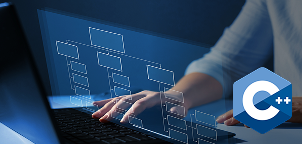
View Course

Included with Pro+ Subscription

View Course

Included with Pro+ Subscription

View Course

Included with Pro+ Subscription
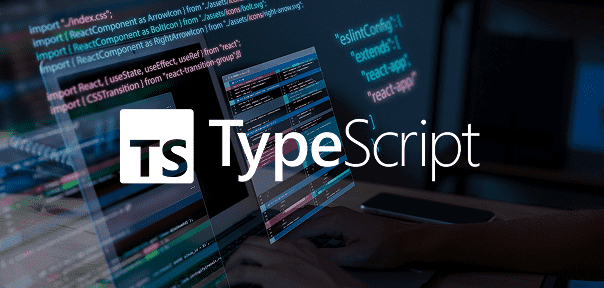
View Course

Included with Pro+ Subscription


View Course

Included with Pro+ Subscription

View Course

Included with Pro+ Subscription


View Course

Included with Pro+ Subscription
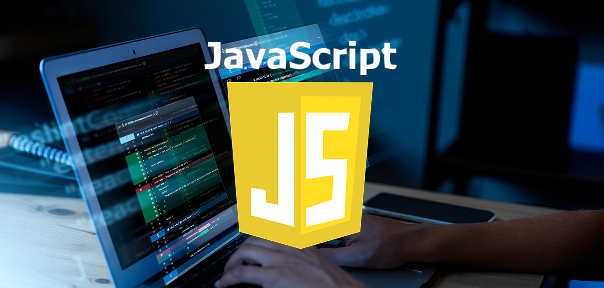
View Course

Included with Pro+ Subscription

View Course

Included with Pro+ Subscription
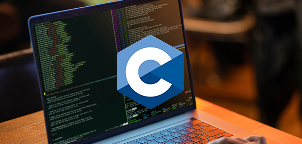
View Course

Included with Pro+ Subscription
 (1).png)
View Course

Included with Pro+ Subscription

View Course

Included with Pro+ Subscription
Cyber Security

View Course

Included with Pro+ Subscription

View Course

Included with Pro+ Subscription
.png)
.png)
View Course

Included with Pro+ Subscription
.png)
View Course

Included with Pro+ Subscription
.png)
View Course

Included with Pro+ Subscription
Cloud Computing





View Course

Included with Pro+ Subscription

View Course

Included with Pro+ Subscription
.png)

.jpg)

.jpg)



View Course

Included with Pro+ Subscription
.png)
View Course

Included with Pro+ Subscription


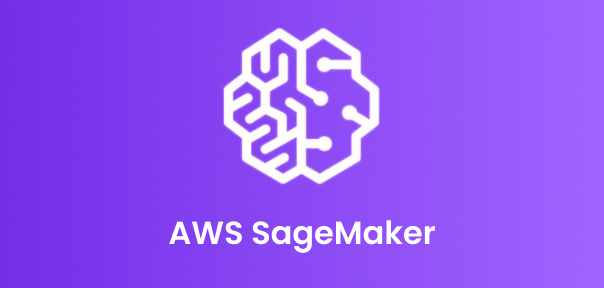

View Course

Included with Pro+ Subscription
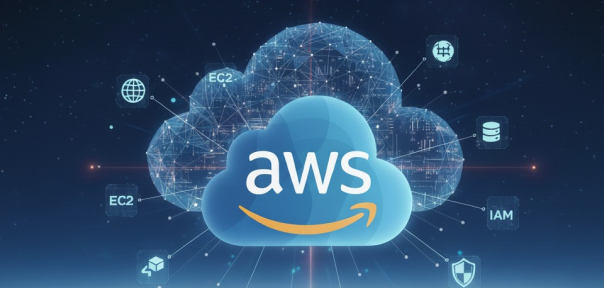

View Course

Included with Pro+ Subscription
.png)

View Course

Included with Pro+ Subscription
.png)

View Course

Included with Pro+ Subscription
Data Science & ML
.png)
View Course

Included with Pro+ Subscription

View Course

Included with Pro+ Subscription

View Course

Included with Pro+ Subscription

View Course

Included with Pro+ Subscription

View Course

Included with Pro+ Subscription


View Course

Included with Pro+ Subscription
Subscribe to Academy Pro+ & get exclusive features
$29/month
No credit card required
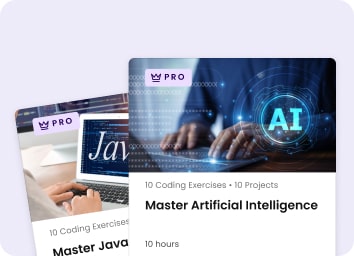
Learn from 40+ Pro courses
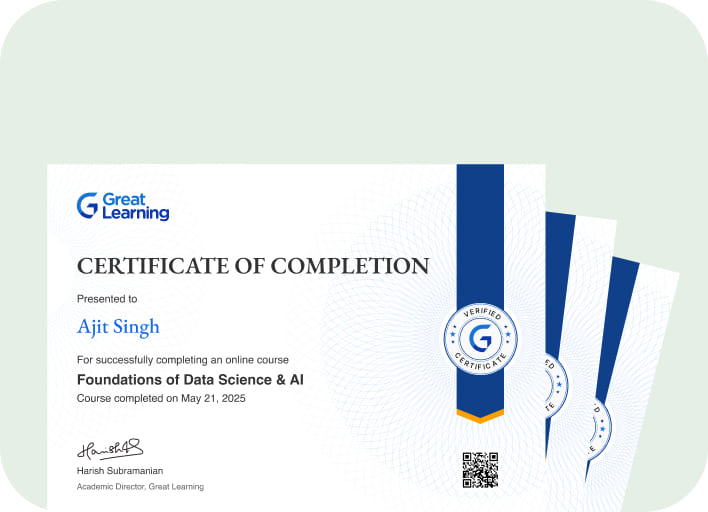
Access 500+ certificates for free
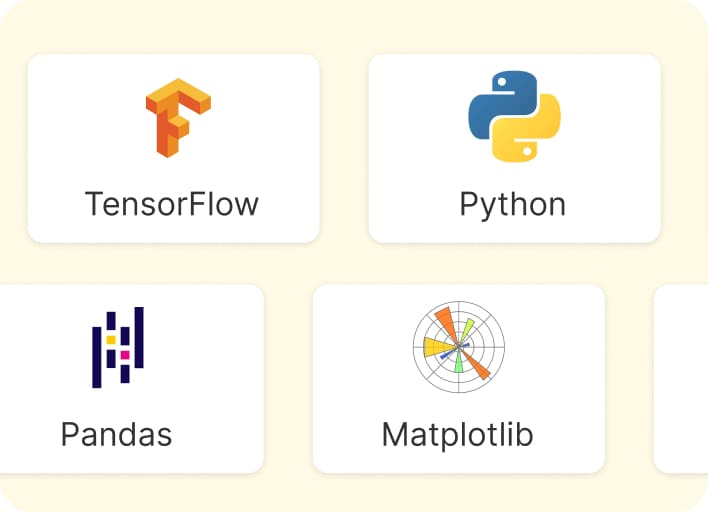
700+ Practice exercises & guided projects
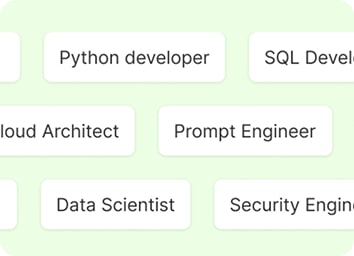
Prep with AI mock interviews & resume builder
Recommended Free AI courses

.jpg)


Similar courses you might like
.jpg)



Related Artificial Intelligence Courses
-
Personalized Recommendations
Placement assistance
Personalized mentorship
Detailed curriculum
Learn from world-class faculties
50% Average salary hike -


Johns Hopkins University
Certificate Program in AI Business Strategy10 weeks · Online
Know More
-


Walsh College
MS in Artificial Intelligence & Machine Learning2 Years · Online
Know More
-


MIT Professional Education
No Code AI and Machine Learning: Building Data Science Solutions12 Weeks · Online · Weekend
Learn from MIT FacultyKnow More







